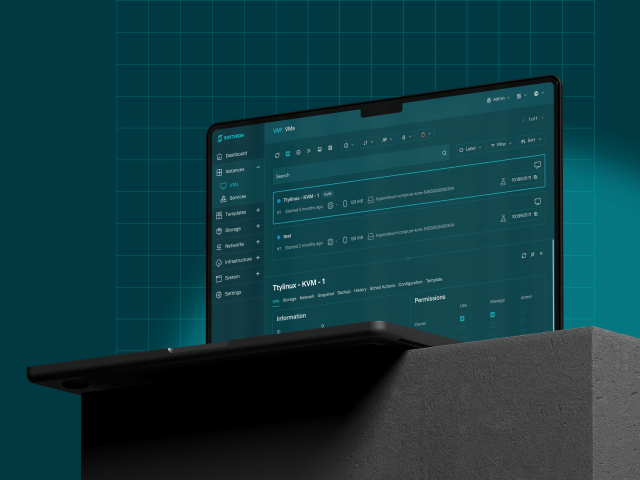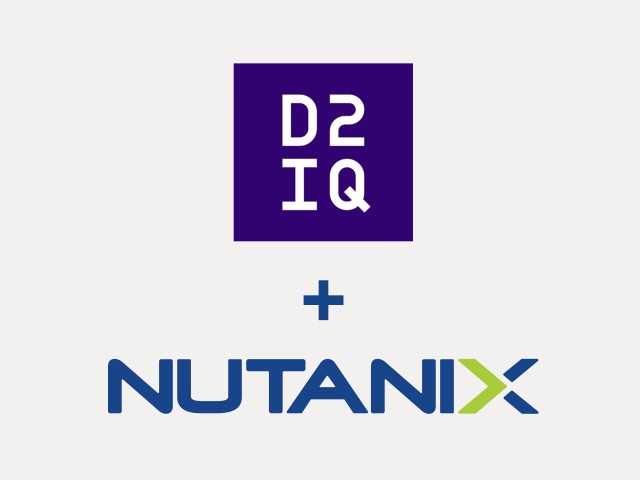Public cloud has helped to keep smaller businesses competitive, but it has its limits. Now there’s a pathway to private cloud for businesses on their way to competing at the enterprise level. It all starts with virtualization.
There was a time when organizations were able to rely on the public cloud to take the burden of increased demand for IT services, but it’s becoming clear that for many, it’s no longer a viable strategy.
Data privacy and security concerns are not going away. Customers are increasingly aware of the risk of data leaks caused by security vulnerabilities. Industry regulations and compliance requirements also reflect this growing acknowledgement of the impact of data breaches. So it’s no wonder that cloud repatriation has been looming in the background of many a CIO’s thoughts lately.
Private cloud offers greater control over data storage and processing, reducing the risk of data breaches and ensuring compliance with regulatory requirements. It’s also the best way forward for creating secure, reliable sovereign cloud and edge deployments.
But what if you never had the resources in-house to begin with?
Public cloud has been the savior of many small to medium businesses who need to compete with much larger organizations. From quickly setting up their own service booking systems to operating an online store, public cloud has made it easier for someone with an idea to get it out there - and make money from it - than ever before.
As a business grows larger, it may stumble over the public cloud challenges outlined above. For growing businesses, there’s no way to jump into private cloud overnight. Operating private cloud infrastructure can involve significant upfront costs for hardware, software, and skills. If you go DIY and bootstrap the endeavour, as many smaller businesses will, it’s going to take a lot of time.
Maybe a generous investor or a uniquely skilled team can bridge that gap. Others may decide to limit growth to avoid the issue altogether.
For businesses scaling their operations and customer base, the leap from public to private cloud (even hybrid cloud) seems almost impossible.
VM Squared can help.
Do your business functions depend on virtualization? VM Squared is a cost-effective, streamlined solution that doesn’t require in-house experts
We built VM Squared to serve the needs of businesses that can’t afford to mess around with complex, spiraling licensing costs and software that seems more like an arcane mystery than a useful tool. VM Squared is resource-efficient, too, so you don’t need to break the bank just to set up your management stack.
VM Squared’s intuitive dashboard enables straightforward management of multi-tenancy, networking, backups, affinity rules and more, and it installs in just under thirty minutes. All security updates and software upgrades are included in your license. VM Squared is lightweight, and just plain simple to use.
And if you’re migrating VMs away from VMware, we have a tool to help you through the process.
VM Squared also offers a direct pathway to true private cloud
VM Squared shares several components with our private cloud platform, HyperCloud. That means - should your business needs eventually grow beyond what can be done in an on-premises virtualization environment - the transition to private cloud via HyperCloud couldn’t be simpler.
A smoother transition to private cloud isn’t all that HyperCloud will do for your business. HyperCloud is a unique approach that combines secure provenance, cloud native hardware with modern cloud software tailored to make every resource count. This approach is why HyperCloud is able to deliver a public cloud experience, all in the comfort of your own premises. It’s the best of both worlds, and all at a fixed cost.
Could VM Squared be the next step towards true private cloud for your business?
Try it for free and see for yourself.






